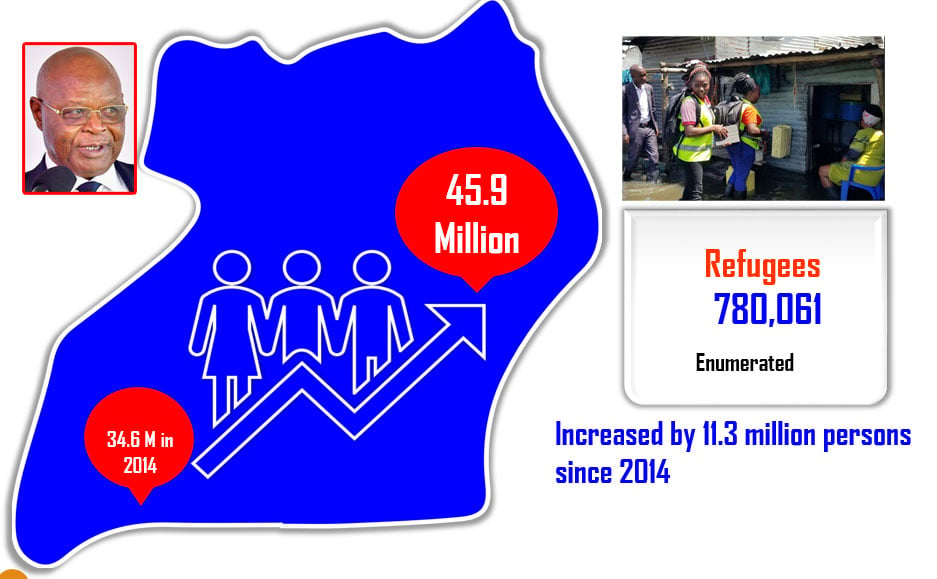Prime
Why schools must emphasise agriculture
What you need to know:
- Sylvia observes that by 2050, Sub-Saharan Africa will have a third of the world’s young people, yet Africa’s youths are not interested in Agriculture, a situation that could threaten food security.
An article written by Sylvia Ng’eno and produced by SciDev. Net’s Sub-Saharan Africa English desk, caught my attention last week.
It was titled: “Africa’s youth want to cultivate careers, not just crops.” It highlighted the trend of African youth despising agriculture as low paying and technically uninteresting. It described African youth as more interested in cultivating careers than crops.
The article’s appearance in the media interestingly coincided with the ongoing debate here in Uganda about our new secondary school curriculum that makes agriculture an optional subject when in fact our country’s economy is based on agriculture.
Sylvia observes that by 2050, Sub-Saharan Africa will have a third of the world’s young people, yet Africa’s youths are not interested in Agriculture, a situation that could threaten food security.
She, therefore, stresses the need for young people to have lucrative opportunities in agriculture to boost food security. “The average age of Africa’s farmers is 60 despite the median age being 19,” she says. Who is going to grow food for the rapidly growing population if we don’t give farming skills to the youth? Which industries do we hope to build that will not require agricultural raw materials like cotton, sisal, cocoa, sisal, milk, coffee, maize, skins, cassava, rubber etc? In the industrialised countries such as the UK and the US, farmers are just a small percentage of the population.
However, since their farming is heavily mechanised their agricultural production by far exceeds ours. Unlike them we are stuck in smallholder farming and the use of simple hand tools; our population growth is beyond control, and gardens are becoming smaller as soil depletion worsens due to land fragmentation. In most operation wealth creation (OWC) meetings youth have been called upon to form groups and to choose a farming activity to carry out in order to be granted government loans.
Yet the majority of our unemployed youth have no farming skills because agriculture has never been given the emphasis it deserves in our formal education system since most of our schools have no demonstration gardens to give children practical farming skills.




